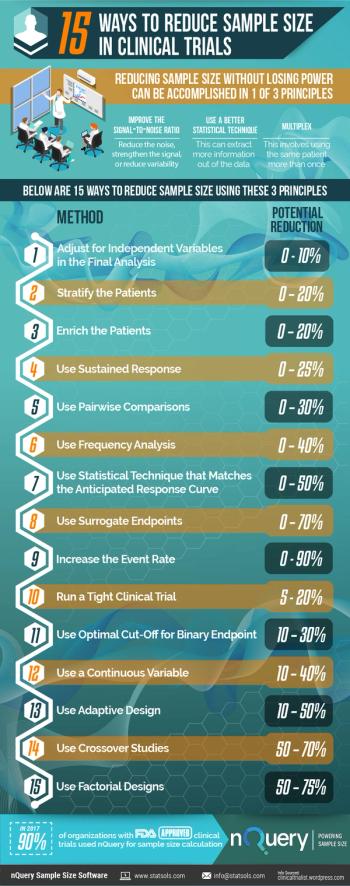
News



According to the IQVIA Institute for Human Data Science, the pharmaceutical industry loses roughly $35 billion annually as a result of temperature excursions, making transport one of the weakest links in many manufacturers’ supply chains.








Updated employee announcements, business news, awards, and recognition in the industry today.


Bracken Marketing has provided this infographic that categorizes more than 190 companies in this space by their focus.


There are several important factors which should be considered prior to resorting to international patient recruitment.


Healthcare professionals are engaged in an increasingly competitive fight to attract and retain clinical trial participants through the use of user experience (UX).

In this interview, Katie Mazuk, Global Head Investigator & Patient Engagement, will discuss her perspectives on improving patient connectivity.



Peter Benton, President and Chief Operating Officer of Worldwide Clinical Trials (Worldwide), will discuss areas of opportunity, CRO differentiation strategies, and organizational diversity.





At PanAgora’s Clinical Trials Patient Experience Summit, three main topics stood out; companies engrained patient centricity guiding principles in their operational models, the new concept of patient connectivity is emerging, and digital health is rapidly gaining ground in clinical trials.

A high-level working group of European regulators is trying to pull together a more coherent approach to real-world evidence-and is running into difficulties with the wide range of initiatives currently underway.

Although it is unlikely that mock demonstrators will be seen at any drug information or regulatory conferences, pharmacovigilance software is indeed having its “Salesforce” moment.

In this interview, Lisa Dilworth, as VP, Rare and Orphan Diseases at Synteract, will discuss common challenges with rare disease studies, how to encounter them, and how the rare disease space is evolving.